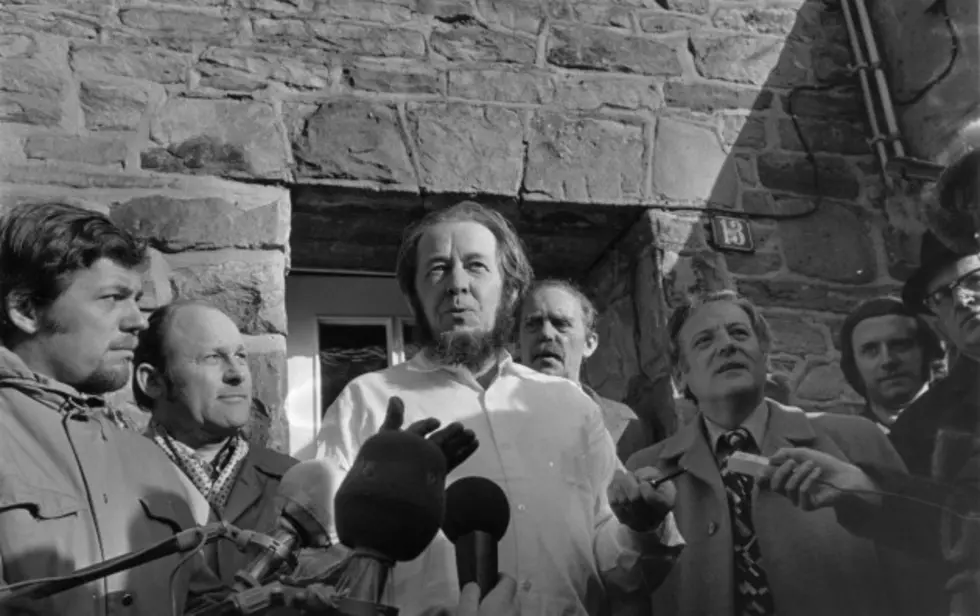
‘We Didn’t Love Freedom Enough’ – Aleksandr Solzhenitsyn
Aleksandr Solzhenitsyn penned a missive dealing with governmental tyranny against his people in the former Soviet Union, that casts a dark shadow of what was and what could be. In light of recent talks of gun control here in the United States, I feel that we may be repeating those same fatal passive errors.
This is a quote from one of the many writings that if you really dwell on, you will understand the torment of the writer..... freedom is not free.
“And how we burned in the camps later, thinking: What would things have been like if every Security operative, when he went out at night to make an arrest, had been uncertain whether he would return alive and had to say good-bye to his family? Or if, during periods of mass arrests, as for example in Leningrad, when they arrested a quarter of the entire city, people had not simply sat there in their lairs, paling with terror at every bang of the downstairs door and at every step on the staircase, but had understood they had nothing left to lose and had boldly set up in the downstairs hall an ambush of half a dozen people with axes, hammers, pokers, or whatever else was at hand?… The Organs would very quickly have suffered a shortage of officers and transport and, notwithstanding all of Stalin’s thirst, the cursed machine would have ground to a halt! If…if…We didn’t love freedom enough. And even more – we had no awareness of the real situation…. We purely and simply deserved everything that happened afterward.”
Aleksandr Solzhenitsyn was born 11 December 1918 and passed from this earth on 3 August 2008. He was a Russian novelist, historian, and critic of Soviet totalitarianism. He raised global awareness of the Gulag and the Soviet Union's forced labor camp system. While his writings were often suppressed, he wrote many books, most notably The Gulag Archipelago,One Day in the Life of Ivan Denisovich and Two Hundred Years Together. Solzhenitsyn was awarded the Nobel Prize in Literature in 1970, "for the ethical force with which he has pursued the indispensable traditions of Russian literature". He was expelled from the Soviet Union in 1974 but returned to Russia in 1994 after the dissolution of the Soviet Union.
I urge you to seek out the history that he has written about, you will see similarities of then and now.
I love my country and the people of it, but I am concerned that we are loosing our freedoms given to us by God and our Forefathers.
More From KLAW-FM









